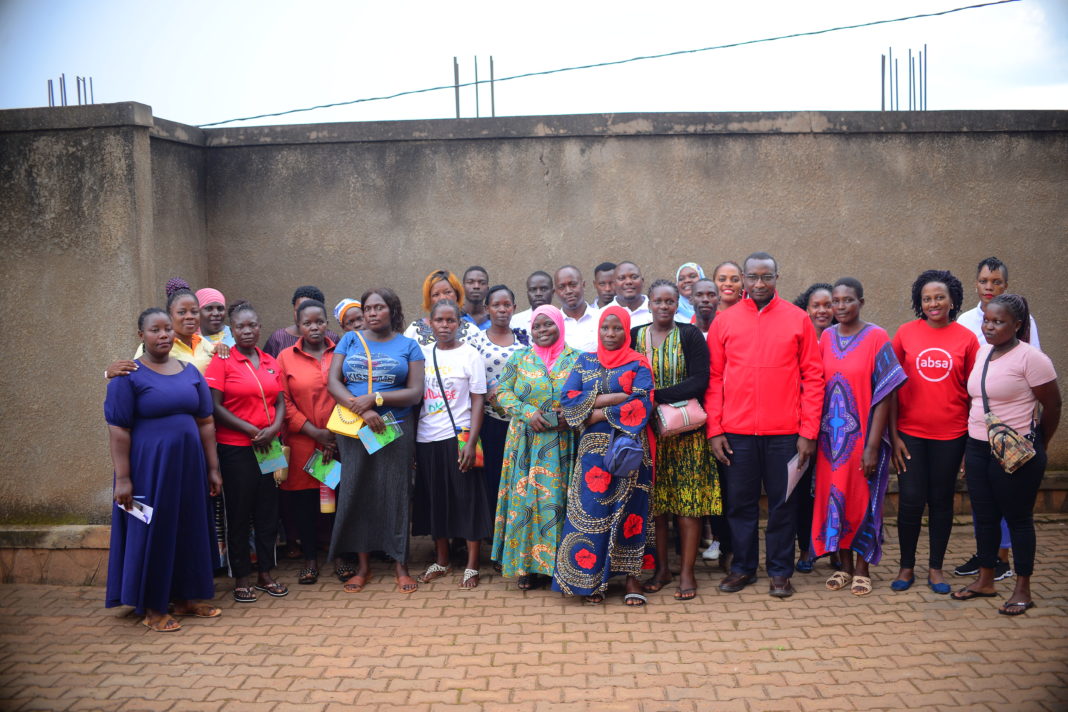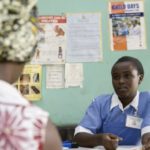At least 2,250 sickle cell caregivers have benefited from seven-month financial literacy training. The training is in response to the high cost of treatment for sickle cell disease and the fact that households affected by the disease are unable to plan for their treatment expenses and rely on out-of-pocket expenditures, leading to poor household financial planning.
Initiated by Raising Hope International Friends (RHIF) and Absa bank, the initiative aims at training 3000 sickle cell caregivers with essential financial skills by the end of 2023.
Isaac Okello, the Executive Director of Raising Hope International Friends, said, “This initiative was intended to, among other objectives, improve the level of financial awareness among caregivers of SCD patients and youths in different parts of Uganda. The intention is to strengthen their ability to make sound financial decisions and achieve good household health outcomes and thus also increase awareness of Sickle Cell Disease. I appreciate Absa Bank Uganda for coming on board to support this cause and encourage more members of the public to come forward and lend a helping hand to those members of our community with SCD.”
Raising Hope International Friends (RHIF) is a locally registered indigenous non-profit organisation that was founded in 2016 to break the SCD cycle through advocacy and research, as well as encourage more testing and screening services, enhance care and support to affected individuals and families, create awareness on prevention and reduce the risk of infection, stigmatisation, and discrimination.
According to Dr Daniel Muyanja, the Director of Clinical Services at the Joint Clinical Research Centre (JCRC), sickle cell disease (SCD) is the most common genetic disorder in Africa, with Uganda having one of the highest prevalence rates and ranking fourth in sub-Saharan Africa after Nigeria, Democratic Republic of Congo and Tanzania.
Additionally, it is estimated that in resource-poor countries like Uganda, which are characterised by limited Access to treatment options like hydroxyurea, 80 per cent of children with SCD do not reach adulthood, and without treatment, many children do not live to see the age of five.
“We began this journey to address this challenge in March of this year, to help sickle cell caregivers to better manage household finances. Access to affordable quality healthcare remains a key challenge in Uganda, and this cost goes even higher when dealing with a child born with sickle cell disease. As a result, we saw it fit to collaborate with RHIF on this initiative,” said Peter Thaddeus Mboowa, Treasury Director for Absa Bank Uganda.
“I appreciate RHIF for the commendable work they are doing in the Sickle Cell Disease space and for allowing us an opportunity to live our purpose to empower Africa’s tomorrow together, one story at a time,” Absa’s Mboowa concluded.






